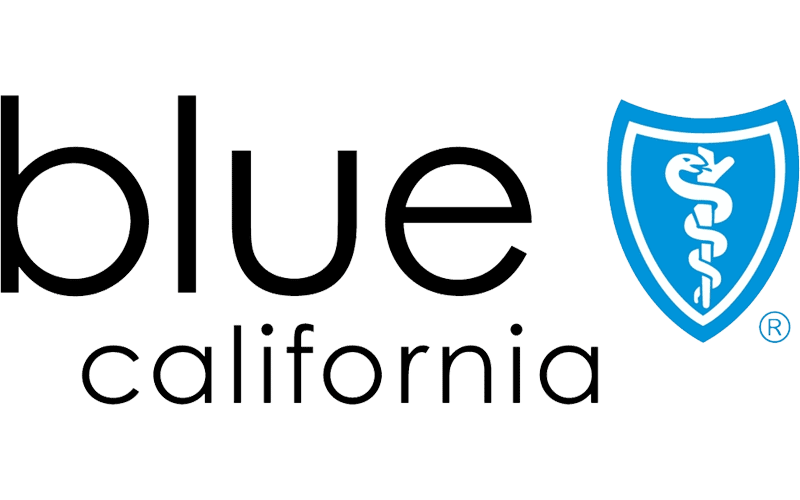Accepted health insurance plans






What is PTSD?
PTSD is a mental health condition that can develop after experiencing or witnessing trauma. It’s more than just a bad memory—PTSD rewires how your brain processes stress and danger, often leading to emotional distress and physical symptoms that don’t go away on their own.
If you’ve been feeling hyper-alert, disconnected, or trapped in past events, trauma-informed psychiatric care can help.
12 million
adults affected
Each year, about 12 million U.S. adults live with PTSD. (NIMH)
Most don’t
seek help
Many people live with PTSD symptoms for years without a formal diagnosis or support. (APA)
PTSD is
treatable
With the right treatment, most people see significant improvements in symptoms. (VA)
Anyone can
be affected
PTSD can affect anyone, including survivors of abuse, violence, combat, or accidents.
Treatment options we offer
Psychiatric evaluation & diagnosis
Identify PTSD and any co-occurring conditions like anxiety or depression.
Medication management
Safe, evidence-based options to reduce symptoms like nightmares or anxiety.
Therapy referrals or combined care
Referrals to trusted trauma therapists (EMDR, CBT, somatic therapy).
Telehealth services
Receive expert care from the comfort of home.
Why choose us for anxiety treatment
Board-certified psychiatrists and psychologists
Licensed with advanced experience in trauma and PTSD.
Personalized, evidence-based plans
Tailored care for your specific needs and recovery goals.
Confidential and compassionate care
No judgment—just understanding, care, and expert treatment.
We accept most major insurance plans
Aetna, Magellan, Cigna, Blue Shield, MHN, Healthnet.
7 signs of PTSD you shouldn’t ignore
PTSD isn’t just “struggling to move on.” It’s a serious mental health condition that can affect your emotions, focus, sleep, and sense of safety. Left untreated, PTSD can impact your daily life, relationships, and overall well-being.
Here are 7 signs of PTSD you shouldn’t ignore—especially if they’ve been affecting you for weeks or months.
1Intrusive memories or flashbacks You relive the trauma through distressing memories or nightmares that feel intense and uncontrollable.
2Avoidance of people or places You steer clear of reminders of the trauma—sometimes even avoiding emotions, conversations, or support.
3Sleep problems and nightmares Falling asleep or staying asleep is difficult. You may wake from vivid dreams or feel unrested every morning.
4Negative thoughts or mood changes You feel emotionally flat, guilty, ashamed, or disconnected from others and from yourself.
5Hypervigilance or feeling on edge You constantly feel jumpy, alert, or tense—like danger could strike at any moment.
6Loss of interest or motivation Things you once cared about no longer spark joy. You may feel numb or hopeless.
7Irritability, anger, or outbursts Small things set you off. You might feel like you're always holding back frustration or rage.
When to reach out for help
If PTSD symptoms are affecting your day-to-day life—or if you’re tired of carrying the weight alone—it’s time to talk to a mental health professional. Our board-certified team offers evaluations, medication support, and therapy coordination with trauma-informed care. You don’t have to live in survival mode anymore—help is here.
Questions or concerns?
If you need help, please call our office at 415-922-9122 and our receptionists will assist you. Zoom’s FAQ page may also help to answer some of your questions.
Zoom HIPAA compliance
The Zoom software used by Baywell is HIPAA compliant to protect your privacy and security in accordance with federal laws. We encourage our patients to review Zoom’s HIPAA compliance datasheet for more information.
Start healing from PTSD today
Your trauma is real, and so is your recovery. We’re here to help you feel safe, supported, and in control again.
Call 415-922-9122 to get connected with a Baywell provider.
